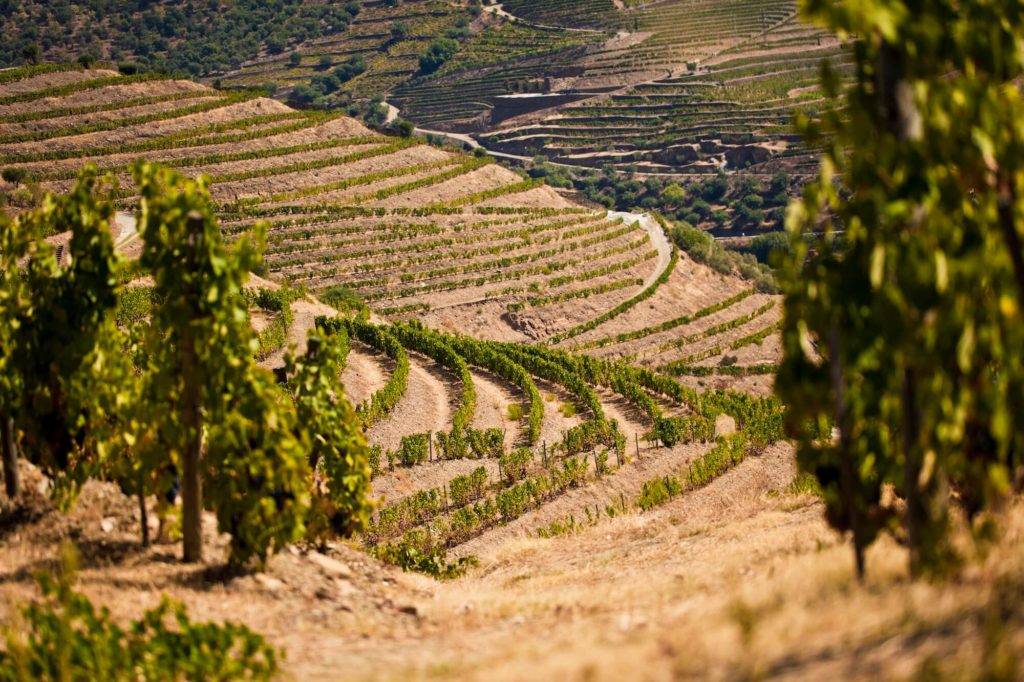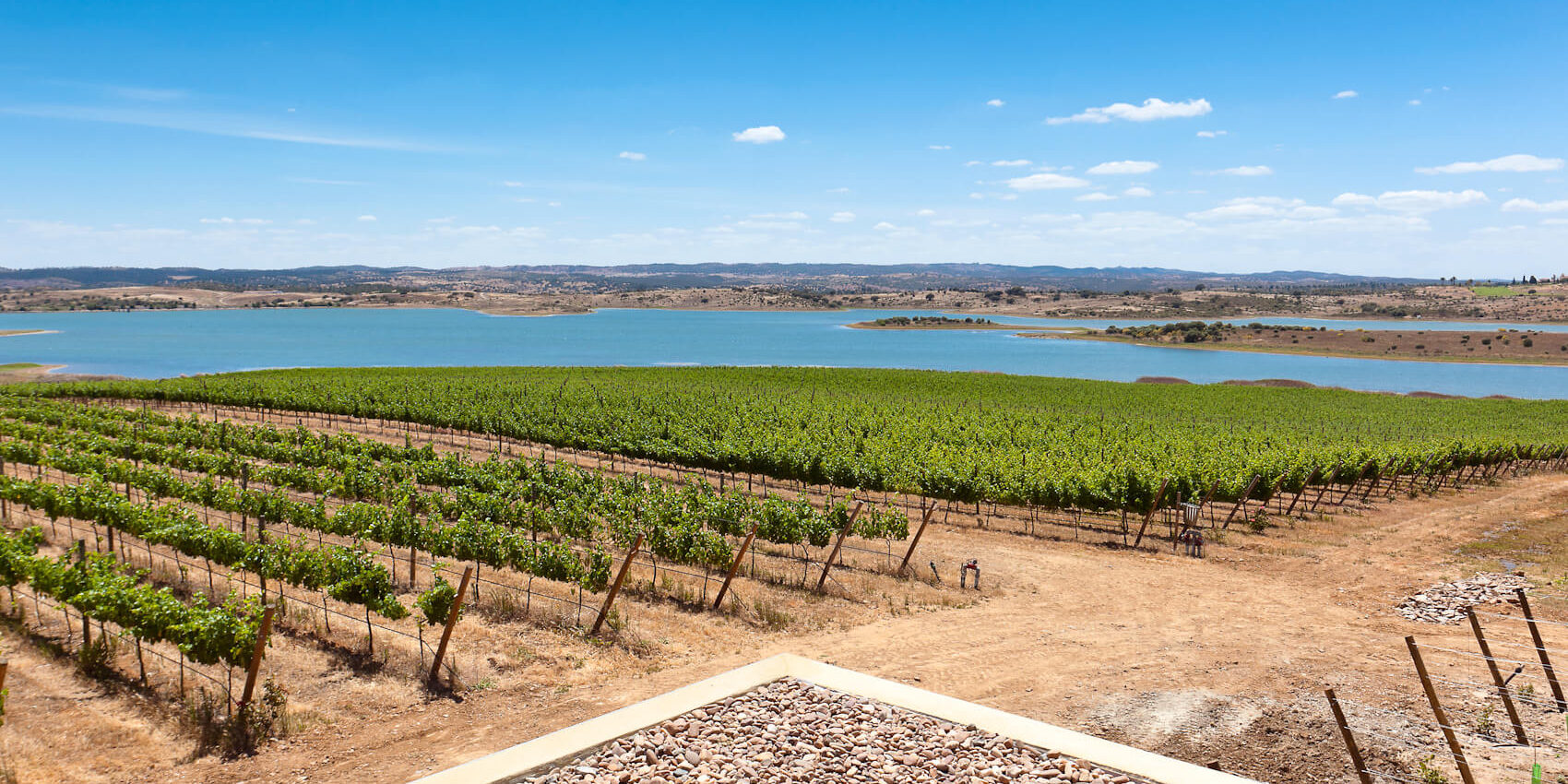By Wines of Portugal
Over the years, articles have popped up in lifestyle and trade publications with headlines like “Portugal is The New Hot Travel Destination,” or “Wines of Portugal – The Next Big Thing.” Portuguese wines often called “trendy” and “under-the-radar,” are billed as new, alternative options for more classic wines.
This is ironic, given that Portuguese wine has likely been around for at least 4,000 years. The Tartessians were probably the first to make wine on the land that is now Portugal, but the Phoenicians, Greeks, and Romans all had a hand in Portugal’s long history of winemaking tradition. In 1756, the Douro Valley became the world’s first demarcated and regulated wine region, and Thomas Jefferson squirreled Portuguese treasures from Madeira and Carcavelos away in his cellar.
How is it possible that a wine country with thousands of years of history is trending over up-and-coming regions that have decades under their belt? The truth is that Portugal is a unique gem in the wine world, being a country where old meets new and tradition meets innovation. Portuguese wine is a modern-day classic, led by a true rebirth built on a solid platform of history, tradition, and experience.

This small but mighty Iberian country has a host of natural resources at its disposal, from its 250-plus indigenous grape varieties to its diverse climatic and geographic features. From the cool, rainy hills of Vinho Verde, to the hot, sunny expanses of Alentejo – grapevines thrive in this Mediterranean nation. Despite its climatic and geographic advantages, environmental and political threats dulled the shine of Portugal’s famous fortified wines in the late 1800s, when quality languished in these vineyards, and the world largely forgot about these Portuguese gems.
Portugal’s entry into the European Union in 1986 was the first step towards the country’s modern-day renaissance, bringing investment in technology and a renewed focus on quality to Portuguese wines. Rather than obfuscating the country’s long-lived traditions, winemakers used technology like stainless steel tanks, temperature control, and cellar hygiene to enhance these traditions.
Yet the real rediscovery of Portugal’s wines comes with a new generation of winemakers who recognize their home country’s potential and work to bring it to the world stage. With greater awareness of the wine world as a whole and a rise in skills in the world’s best wineries and universities, these young, innovative Portuguese winemakers are reclaiming the country’s indigenous varieties using ancient winemaking techniques. Techniques include amphora-aging, a process consisting of aging wine in clay or amphora to create attention-grabbing varietals of unique character. These wines fit any subset of the modern palate, ranging from rich, crisp, generous reds to thirst-quenching whites, and quirky, earthy selections meant to delight sommeliers and geeky wine lovers.
A hot new wine country with millennia of tradition may seem like an oxymoron, but Portugal’s unique winemaking culture makes it possible. As they seamlessly combine the old and the new, Portuguese wines are proof positive that Portugal is a modern-day classic.







